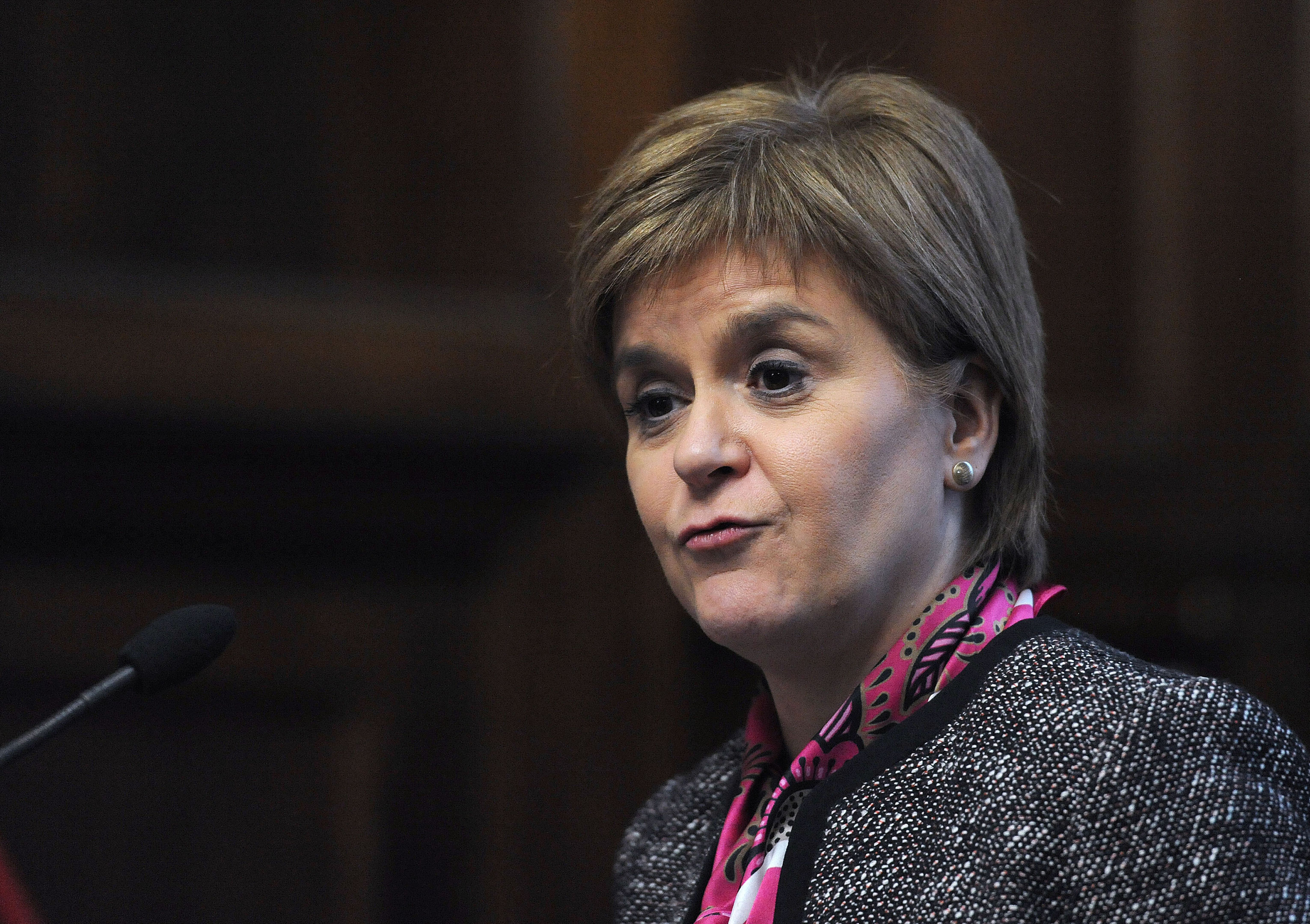You can understand why this year’s anniversary of the independence referendum might be a rather muted affair.
The cause waned when the Brexit vote failed to be the recruiting sergeant for another breakaway ballot that many had hoped.
That was followed by the haemorrhaging of SNP votes in the general election, which forced Nicola Sturgeon to drop her plan for a referendum before the UK leaves the EU.
The First Minister’s spokesman said last week Ms Sturgeon had no plans for publicly marking September 18 this year.
There seemed to be a real risk that what has been hailed by many in the Yes side as the greatest expression in modern Scottish democracy would pass by virtually unnoticed this year.
That was until Nicola Sturgeon broke her silence on Catalonia – where an independence referendum is due to go ahead without the Spanish Government’s approval on October 1 – and issued a plea for the right of self-determination to be respected.
Coming on the weekend before the September 18 anniversary, it gave her an opportunity to raise independence and appeal to her party’s core support, but without direct reference to the Scottish constitutional question.
She has a delicate balancing act to play.
There is a need to be seen to be “getting on with the day job” rather than talking about independence, as recognised by Ms Sturgeon herself.
By turning in their hundreds of thousands away from the SNP on June 8, voters gave their instructions to back off on Indyref2.
She has heeded that in part by delaying another vote, but says one is still likely before 2021.
On the other side of the coin, she will have to keep the sizeable tribe of party supporters who are itching for Indyref2 on board.
That requirement comes to a head twice a year at party conference. This year it presents a particular conundrum for the leader, with her party’s support down and her own popularity on the rocks.
In recent conferences, she has kept the flag-wavers happy with the most procedural of proclamations.
She promised a year ago to launch a consultation on a draft referendum bill.
The spring event before that she declared a summer “initiative” to win over No voters.
The roar of approval Ms Sturgeon received from the Glasgow SECC crowd on that would not have disappointed Justin Bieber.
But she will struggle to find any more lumps of red meat for the die-hard supporters.
In truth, there is little to say on independence now that she has taken us back from the brink, at least for now.
Polls published over the weekend show Scotland is still deeply divided on the constitution, but there has been little shift in public opinion since 2014.
There has, however, been an uplift in support for staying in the EU, which Ms Sturgeon hopes will grow as the UK Government’s negotiations with Brussels continue.
For better or worse, the SNP’s drive for independence is now inextricably tied to Brexit.
With the risks and uncertainty surrounding leaving the EU – and the torturous progress of EU-UK talks – that may be a sound strategy, and it seems to be the only one available in the short-term.
But using the car crash of exiting one union as evidence of why Scots should support leaving another has an obvious flaw.
Patiently building a fresh EU-themed case for independence while keeping the 2014 spirit of the Yes movement lit will be the biggest challenge of the SNP leader’s career to date.










